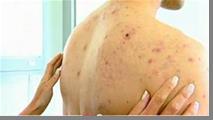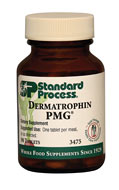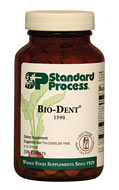Skin Problems and Antioxidants

|
to believe nothing, than to believe what is wrong.” Thomas Jefferson |
If you're like most people, you want smooth, healthy skin, but maybe you don't want to wade through hundreds of chemically laden products to get it. That's where antioxidants can help. Incorporating the right antioxidants into your diet and skin care routine can have a positive effect on your skin.
Antioxidants are electron donors. They can break the free radical chain reaction by sacrificing their own electrons to feed free radicals, but without turning into free radicals themselves. As long as you have these important micronutrients, your body will be able to resist aging caused by your everyday exposure to pollutants. If you don't have an adequate supply of antioxidants to help squelch free radicals, then you can be at risk of oxidative stress, which leads to accelerated tissue and organ damage.
Antioxidants are nutrients (vitamins and minerals) and enzymes (proteins inside your body) that can help to prevent and repair damage to your body's tissue. Antioxidants do this by slowing or preventing the effect of free radicals, which start oxidation - a process that causes damage from oxygen that can lead to cell dysfunction. If you've seen a peeled apple turn brown, you've seen oxidation in action. As antioxidants block the effects of free radicals, they end up being oxidized. This is why it's important to constantly replenish your supply of antioxidants.
- What is Glutathione and what it does for your body and skin
- What is Alpha-Lipoic Acid (ALA) and what it does for your body and skin
- What is CoQ10 and what it does for your body and skin
- Why Resveratrol is so effective at warding off aging-related diseases
- Why Vitamin A forces is very important for your skin
- Why Vitamins E protects your skin against sun
- What Selenium does for your skin
- Why Vitamin C is beneficial for your skin
- What Carotenoids and Polyphenols do for your skin
- What amazing antioxidant face masks you can do to pamper your skin












